About Weapons
Written and directed by Zach Cregger, Weapons unfolds through a fragmented, enigmatic narrative that shifts between multiple perspectives. It never provides all the answers but plants questions that linger long after the credits roll. More than a story about disappearances and investigations, it explores a wide range of ideas about violence and freedom.
In a world where symbolic and social violence already shapes our lives every day, Weapons turns every gesture, every overreaction, and every hasty accusation into ammunition for an invisible arsenal.
As a society, are we evolving? Are we rational? Do we truly make our own choices? Or does it take just one push for everything to spiral out of control?
Official Trailer
The Plot
Weapons takes place in a small American town haunted by the collective trauma of a group of missing children. What seemed like an isolated event soon reveals darker consequences, both supernatural and social. The story unfolds in chapters, each centered on a different character trying to deal with the tragedy in their own way.
Justine (played by Julia Garner), a schoolteacher, becomes the target of the community’s suspicion, unjustly accused of being connected to the disappearances.
Meanwhile, other adults in the town respond in increasingly desperate ways, creating an atmosphere where fear and the hunger for justice become powerful weapons, sometimes deadlier than any curse.
But who is really in control? Is there truly a central villain? Or are we all, as a society, complicit in turning fear into violence and pain into a weapon?
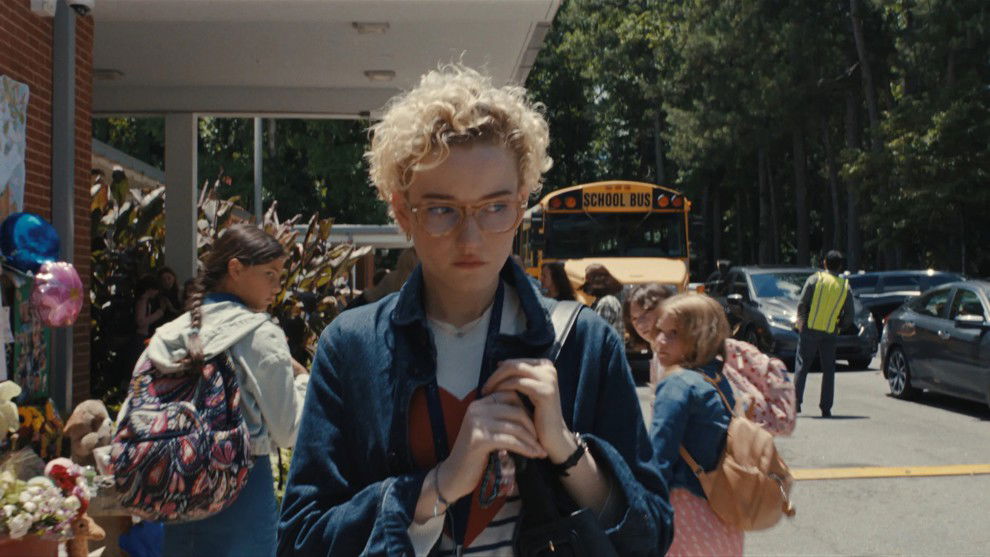
Invisible Weapons
One of the most fascinating aspects of Weapons is the possibility of interpreting the “spell” as a metaphor for social control. In the film, characters are bewitched, manipulated, and turned into instruments of a plan they don’t understand. Yet this “magic” can easily be read as a reflection of the pressures we face in everyday life.
Community expectations, moralism, the thirst for scapegoats, the desire to punish someone even without proof: all of these act like forms of enchantment. We don’t see strings pulling the characters, but their actions reveal that they are not entirely free. They are “armed” by the system, by trauma, by fear.
In that sense, Weapons stops being a film about monsters and becomes a film about ourselves.
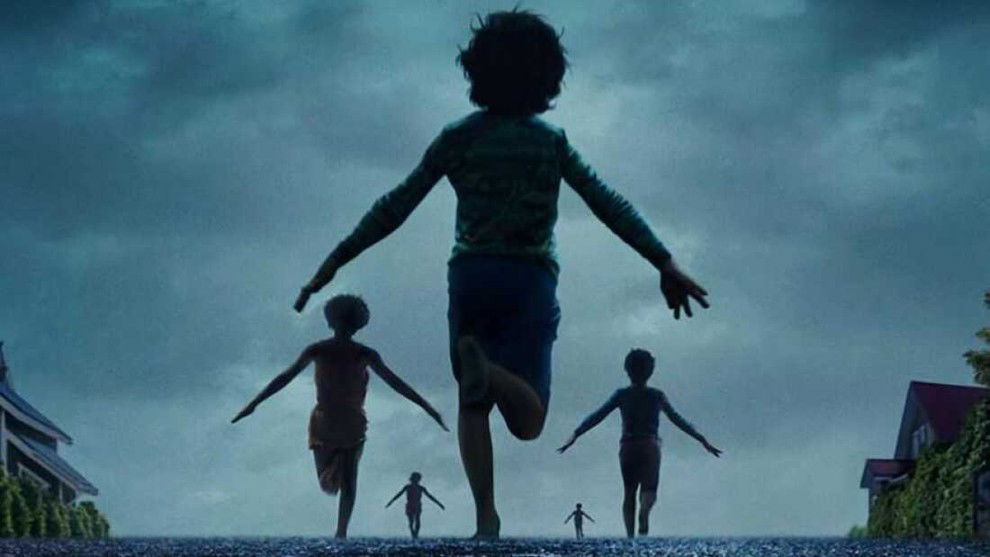
Genre Codes
Through its soundtrack, dark cinematography, and long takes, Weapons focuses more on building tension than on easy scares. Each chapter offers a different perspective, with small clues that slowly fit together into a deeply unsettling puzzle.
Repetition, nightmares, and hallucinations are used to great effect, showing the director’s complete command of the horror genre’s language. Weapons doesn’t only frighten when the lights go out, it manages to disturb in broad daylight, whether at home, on the street, or in a convenience store.
What stands out here isn’t graphic violence but moral discomfort. What do we do when we don’t understand what’s happening? How do we react to fear and loss? And most importantly, at whom do we aim our weapons?
The true horror of the film lies less in the supernatural, though it’s present, and more in human behavior when things fall apart.
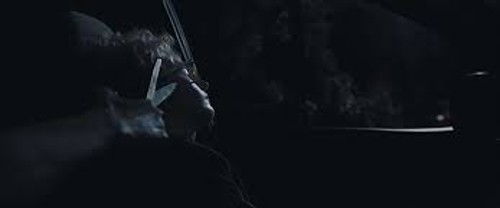
Freedom or Conditioning?
Even the most violent characters in Weapons are not portrayed as pure monsters. There is always nuance, a wound, a source of pain. The teacher who suffers public shaming. The father who loses his child. The boy who grows up surrounded by trauma and becomes the final piece of a puzzle he never asked to solve. Each feels real, and equally tragic.
Cregger directs with care and ambiguity. Nothing is fully explained, and perhaps that’s the point. In a society where everyone carries their own tragedies, the real horror might be realizing that, in the end, no one is truly in control. What we call freedom might just be the brief space between one form of manipulation and the next.
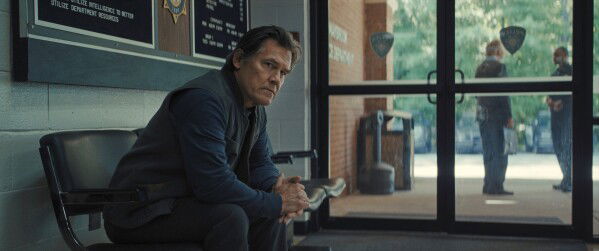
Many Themes, One Idea
The film’s title, Weapons, is plural for a reason. There isn’t just one weapon, there are many. They are people, institutions, distorted emotions. Each character, at some point, is “activated” by forces they don’t understand. The spell serves only as a symbolic layer for this social mechanism.
The theme of dehumanization runs throughout the film. The urge to control, to blame, to punish, to take justice into one’s own hands... and all these impulses turn people into tools. This idea grows stronger with each chapter, as the story repeats itself with tragic variations.
Even without providing clear answers, Weapons delivers a dark fable about how society shapes us, sometimes without our awareness, into extensions of its own fear.
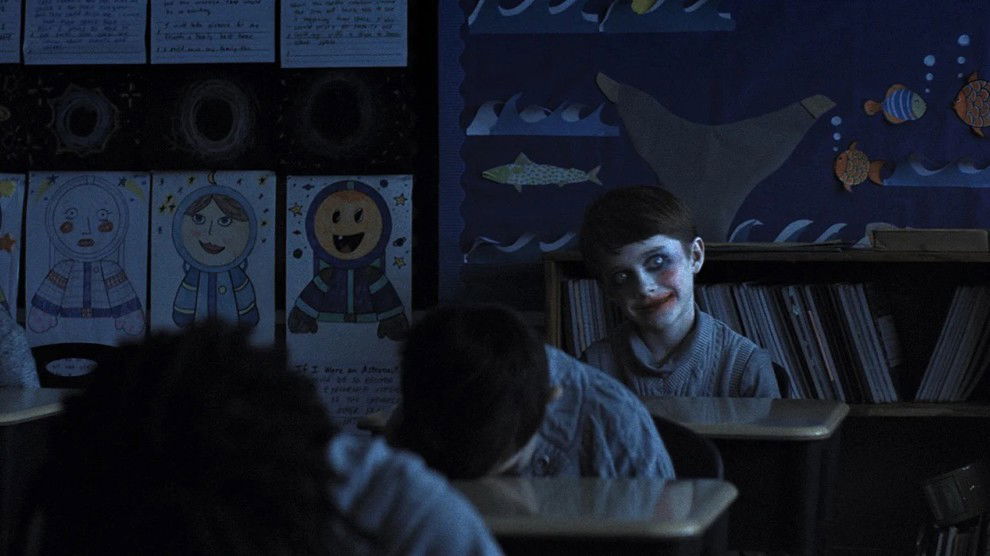
Conclusion: Is It Worth Watching?
Weapons is one of those films that stays with you for days after watching, not because of shocking twists, but because of the layers it suggests. It’s a horror film, yes, but not about external monsters. It’s about the ones born from our own need to find culprits, to silence discomfort, to arm ourselves against what we cannot see.
Whether you enjoy fragmented storytelling or are drawn to more symbolic interpretations of horror, Weapons will certainly leave you uneasy. And that’s meant as a compliment.
Did you also feel manipulated by some invisible force while watching it? Or maybe we’ve all been under a spell for quite some time.
See you next time!









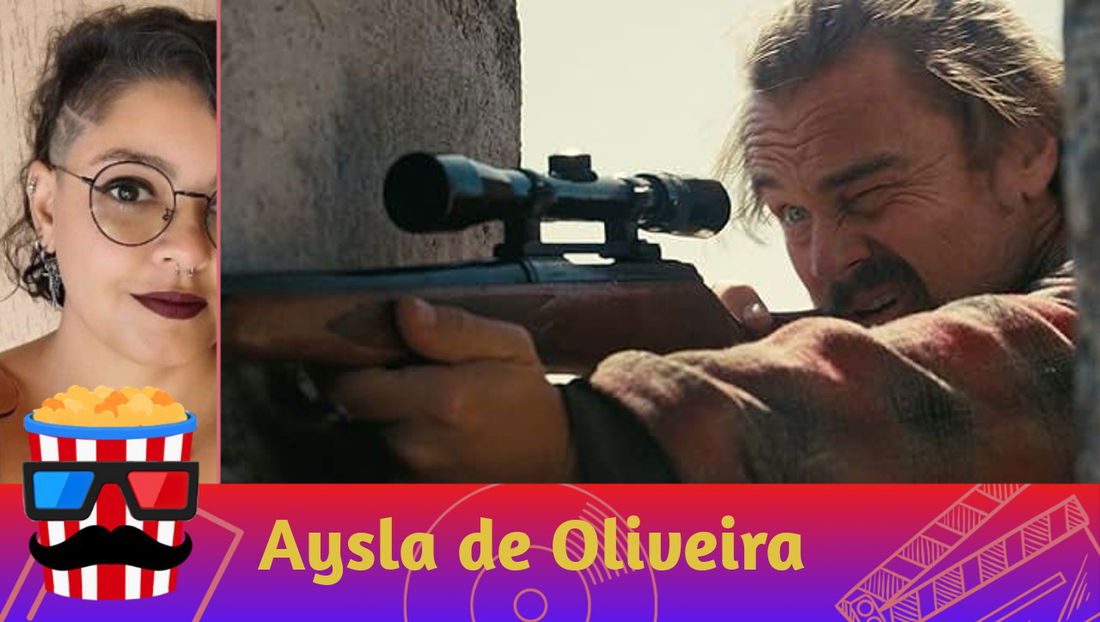

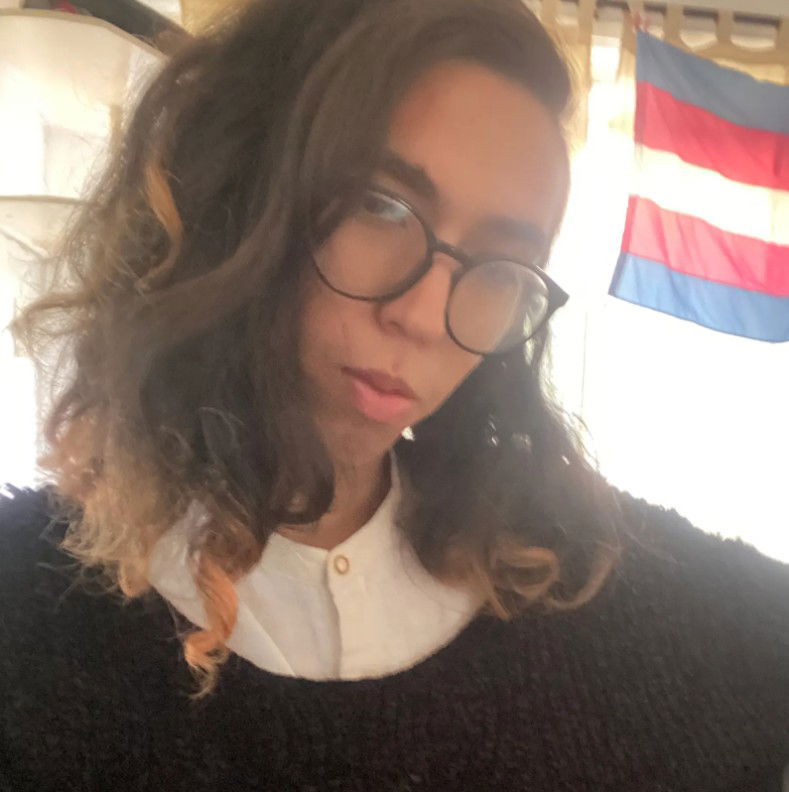

— Comments 0
, Reactions 1
Be the first to comment